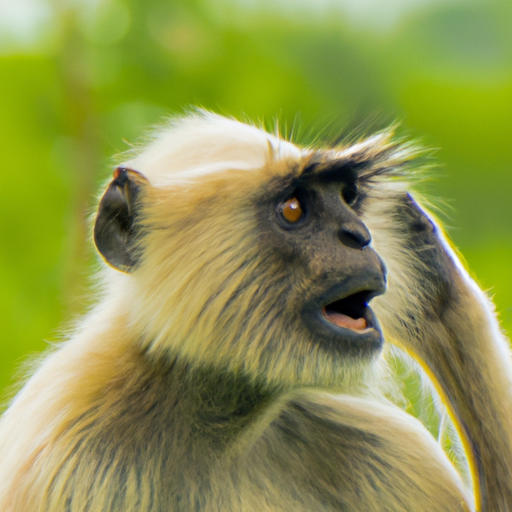 Introduction:
Introduction:
In a world dominated by Homo sapiens, it may seem audacious to suggest that animals possess a level of intelligence surpassing that of humans. However, upon closer examination of their intricate abilities, problem-solving skills, emotional intelligence, and unique adaptations, it becomes evident that animals possess a remarkable intellect that often surpasses our own limited understanding. This article aims to explore the multifaceted ways in which animals showcase their superior intelligence and highlights the importance of recognizing and appreciating their cognitive capacities.
1. Sensory Acuity:
Animals have evolved to possess sensory acuity far beyond human capabilities. The echolocation abilities of bats, the extraordinary olfactory senses of dogs, and the exquisite vision of birds of prey are just a few examples. These sensory abilities allow animals to perceive their environment in ways that humans can only dream of, enabling them to navigate their surroundings, detect prey, or even predict natural disasters with exceptional precision.
2. Problem-Solving Skills:
Animals demonstrate an astonishing capacity for problem-solving in various contexts. From the tool usage of primates to the strategic hunting techniques of killer whales and the puzzle-solving abilities of crows, animals exhibit a remarkable ability to devise innovative solutions to complex problems. Their adaptability and resourcefulness often surpass human efforts, as they rely on instinct and quick thinking rather than the limitations of human logic.
3. Communication Systems:
While humans have developed intricate languages, animals communicate through an array of complex systems that often surpass our own understanding. From the intricate vocalizations of whales and dolphins to the highly evolved dance language of bees, animals not only communicate but also convey information about food sources, predators, and social dynamics. These communication systems often showcase a level of sophistication that surpasses human language barriers, demonstrating their superior intelligence.
4. Emotional Intelligence:
The emotional intelligence displayed by animals is an aspect that humans frequently overlook. Animals exhibit empathy, compassion, and social bonds that rival our own. Elephants mourning the loss of a family member, dogs comforting distressed humans, and primates demonstrating altruistic behavior are just a few examples. This emotional depth illuminates an intelligence that extends beyond mere cognitive abilities, highlighting the depth of their emotional lives and their ability to form complex social connections.
5. Environmental Adaptability:
Animals have adapted to diverse environments across the globe, showcasing an extraordinary level of intelligence in their ability to survive and thrive. Species like the octopus, known for its problem-solving abilities and camouflage techniques, or birds that navigate complex migration patterns, demonstrate their capacity to adapt to ever-changing circumstances. Their ability to sense and respond to environmental cues far surpasses our own limited adaptability.
6. Instinctual Intelligence:
Animals possess innate knowledge and instincts that have been honed over millions of years of evolution. Their ability to navigate vast distances, find mates, and raise young showcases an intelligence deeply ingrained in their genetic makeup. This instinctual intelligence, often overlooked by humans, demonstrates their ability to survive and thrive in challenging environments without the need for conscious thought or reasoning.
Conclusion:
In conclusion, it is apparent that animals possess a superior intelligence that often surpasses our own limited understanding. From their exceptional sensory acuity and problem-solving abilities to their sophisticated communication systems and emotional depth, animals exemplify a level of intelligence that we should acknowledge and respect. By recognizing and appreciating their remarkable cognitive capacities, we can foster a deeper understanding of the natural world and redefine our relationship with the diverse array of species with whom we share this planet.
